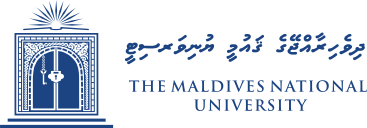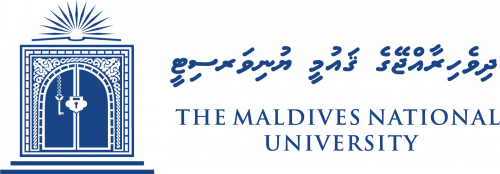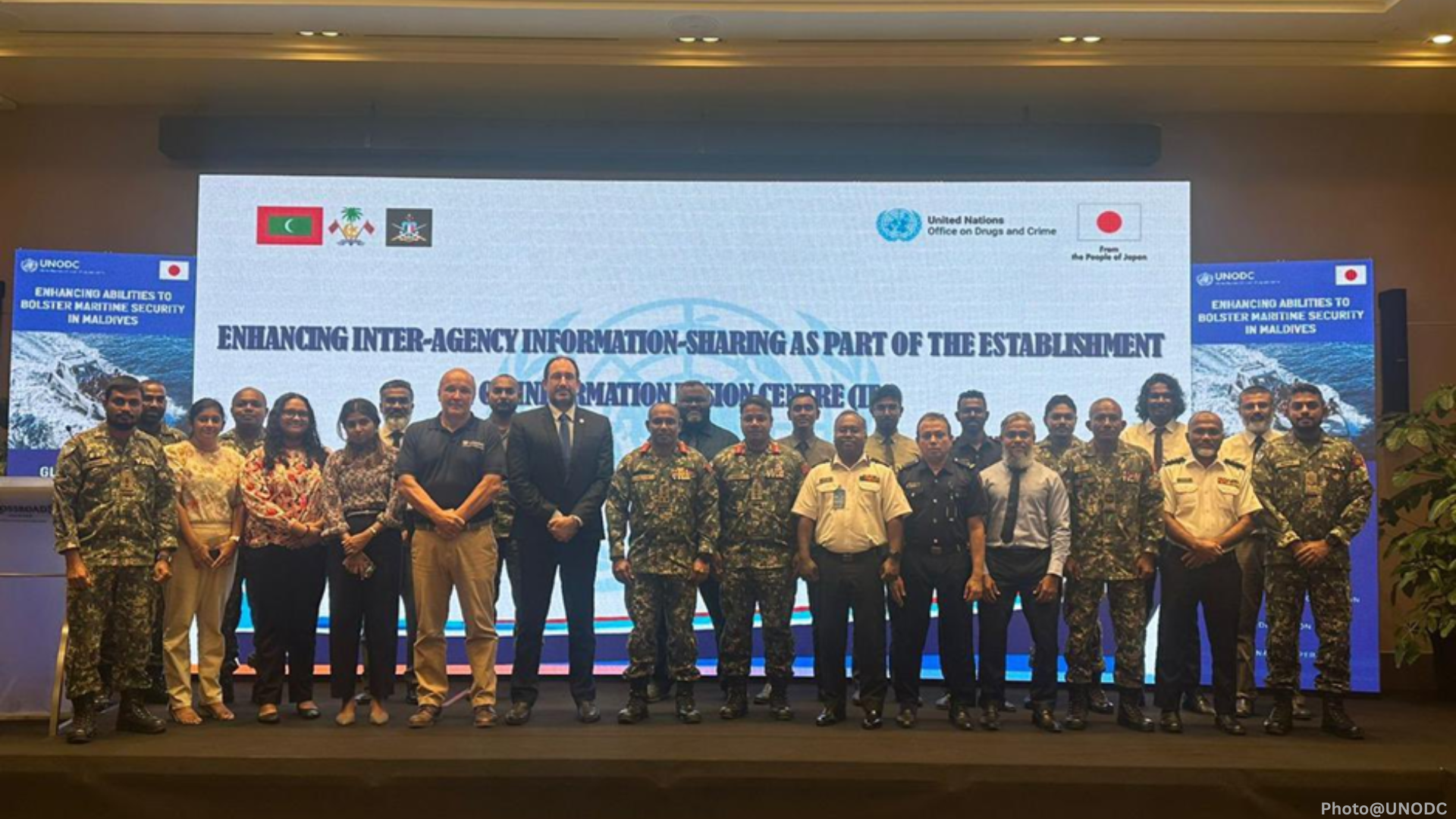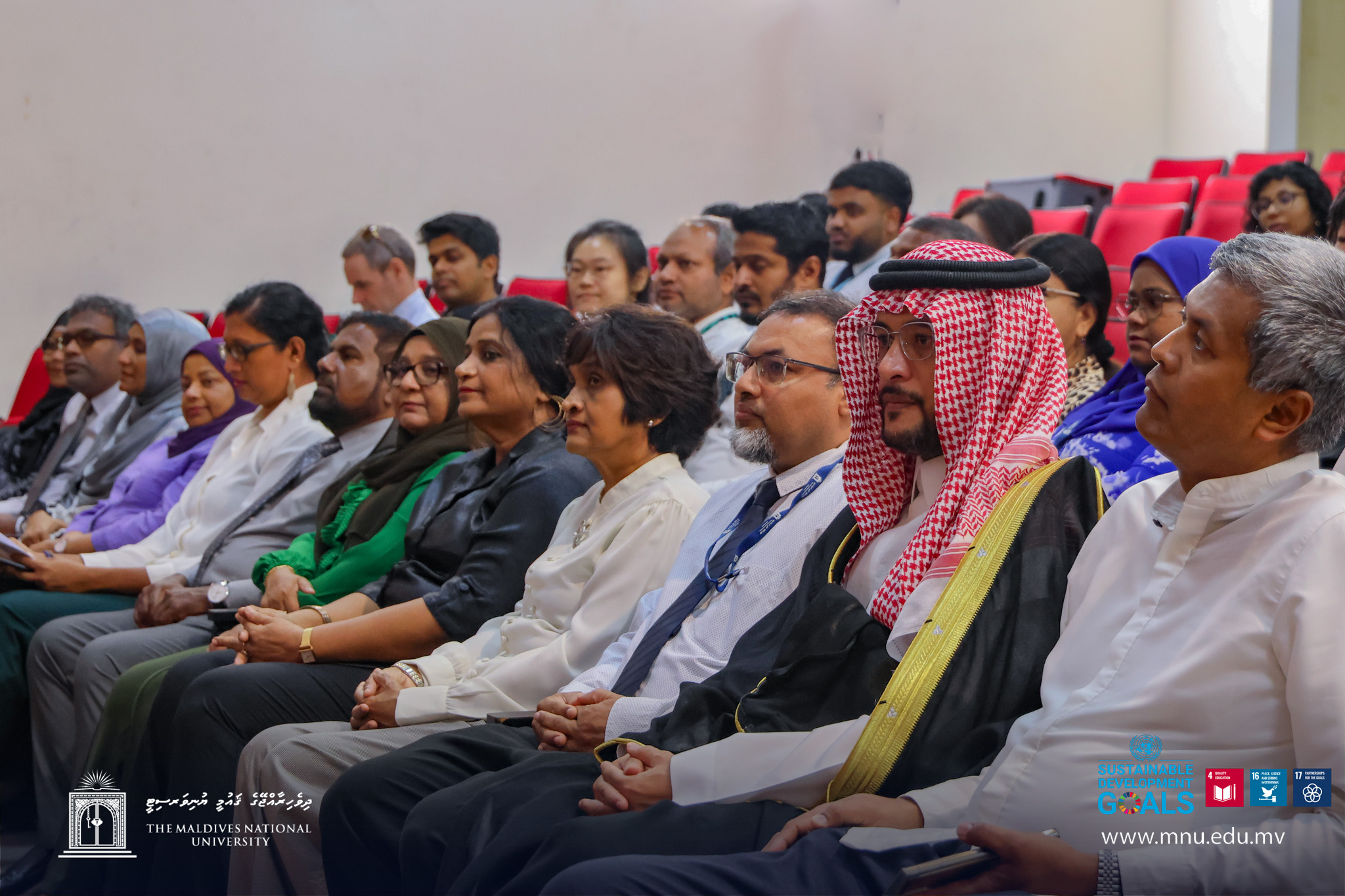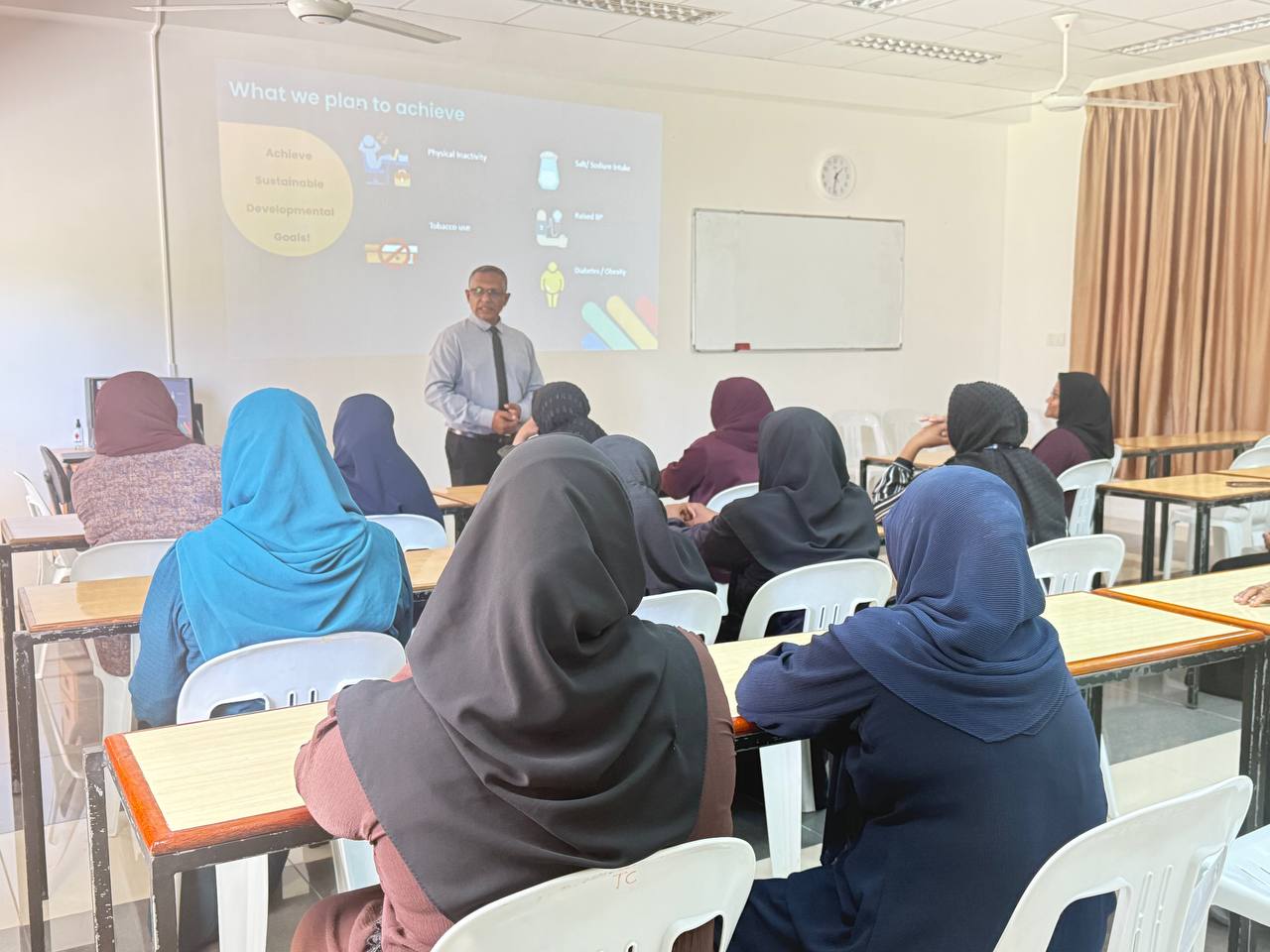Introduction
Maldives faces multifaceted challenges in maritime security and governance, drawn from protecting national territory against piracy and drug trafficking to coordinating regional operations against Illegal, Unreported, and Unregulated (IUU) fishing in Maldivian waters. The effectiveness of the country’s maritime law enforcement is best measured against its capacity to establish and maintain strong inter-agency collaboration.
For example, Maldives’ Exclusive Economic Zone (EEZ) extends over 900,000 square kilometres – i.e., the ocean territory is over 98 percent larger than its land area. The ocean, needed for sustaining the economy through fisheries and tourism, yet exposes the nation to threats originating from within and outside its territory. National-level effort is required to address them.
The MNDF Coast Guard leads national efforts to secure the ocean. The Marine Police, under the Maldives Police Service (MPS), handles maritime crime investigations. The fisheries ministry oversees resource management. The Maldives Customs Service enforces trade laws and prevents illegal imports. Then, the Maldives Immigration manages border control, legal travel, and immigration-related security. These agencies have formal engagements with each other in the maritime domain functions. However, despite the formal linkages between law enforcement bodies, their operations need further institutional connectivity to avoid siloed work and improve collaborative functions.
Resource Coordination and Inter-Agency Collaboration
With the large ocean to protect, a state’s security and non-security agencies must pool resources to navigate and address threats to national properties and activities.
The MNDF has a Joint Interagency Operations Centre (JIOC) within its Integrated Headquarters (IHQ) that coordinates national-level operations. During such operations, assets and resources have been shared between the MNDF and other agencies. This way, operational costs can be minimised.
In the Maldivian maritime context, agencies can function as autonomous actors with distinct mandates and limited resources. In this respect, the Coast Guard’s mandate to lead maritime security operations can be an integral part of coordinating resources in operations at sea.
National policies require the Coast Guard to coordinate its operations with other law enforcement agencies. For example, according to national policies on IUU fishing, the fisheries ministry should coordinate its operations with the Coast Guard in dealing with illegal fishers at sea – i.e., inter-agency collaboration has been initiated by national policies. This would be to minimise costs and create effective ways to address local challenges at sea.
Cost-Effective Operations through Collaboration
Conducting operations at sea can be expensive. For example, on a good rough-weather day, the Coast Guard can be operating in multiple locations. The Coast Guard can dispatch its fleet for a variety of search and rescue operations – i.e., rough weather can capsized boats or cause breakdown, leading to drifting events that require Coast Guard’s help.
With potential exhaustion of resources, the Coast Guard would also benefit from working jointly with local law enforcement agencies like the MPS missions at sea, and vice versa.
Moreover, joint operations have helped minimise the duplication of resources. Coordinated use of assets, such as Coast Guard vessels or MPS equipment, can support operational efficacy and increase the sustainability of resources.
In 2016, MPS and the Coast Guard worked together on an anti-drug operation. MPS received information that a group of Maldivians had left in a high-speed Gulf Craft to collect drugs from a foreign ship coming from Pakistan. With the limitation of a long-range vessel, MPS sought the Coast Guard’s assistance – i.e., immediate data-sharing and resource exchange was initiated. The Coast Guard was able to do surveillance, pursue the suspected vessel and take control of the situation using its long-range ships. When it came near Malé, MPS officers boarded and secured the suspected boat, apprehending the perpetrators via a successful joint operation.
The author was the officer in charge of the Coast Guard vessel during this operation.
Functionally, MPS lacks larger and long-range vessels, with vessel-tracking radars, limiting their monitoring and surveillance capabilities at sea; hence, working with the Coast Guard makes practical sense.
Overlapping Mandates and Collective Law Enforcement
Maldives’ legal framework can also assign overlapping powers to various agencies. For example, both the MPS and the Coast Guard are responsible for enforcing maritime laws, which include inspecting vessels to ensure they meet the standards set by the transport authority.
In this setting, the 2019 Fisheries Act grants some of its enforcement responsibilities to multiple agencies. For example, the Fisheries Act’s Section 9 Article 57 gives the power of enforcement to MPS, the Coast Guard and the Maldives Customs services to enforce fisheries law. Hence, functionally, without proper coordination, agencies can encounter challenges to work jointly and serve as the edifice of cooperative enforcement.
For example, the Fisheries Ministry can share information on local vessels from which the Coast Guard can pinpoint locations of suspected vessels – i.e., in case they report any foreign vessel fishing illegally in Maldives EEZ. On 23 September 2022, the Coast Guard detained a foreign fishing vessel operating within Maldivian waters. The incident was reported by a local fishing vessel. Using the vessel tracking system provided by the fisheries ministry, the Coast Guard was able to identify the vessel’s location and carry out a swift interception.
Inter-agency standard operating procedures (SOPs), combined training programs, and legal coordination committees can ensure that each agency’s actions complement rather than duplicate others’. For example, there is an existing white shipping information agreement signed between the Indian Navy (Information Fusion Centre- Indian Ocean Region) and MNDF to enhance cooperation and collaboration. These SOPs can serve as a basis for creating standard operating procedures for coordination between national agencies.
At present, all law enforcement agencies in Maldives use their own software for Maritime Domain Awareness (MDA). For example, the Coast Guard uses sea vision (United States) or IORIS (European Union ) software for monitoring and information sharing. If such datasets operate in isolation, situational awareness will be fragmented. Hence, integrating them through a National Maritime Domain Awareness Platform would provide a comprehensive, real-time view of all maritime activity within Maldivian waters.
A centralised MDA system would enhance surveillance efficiency, reduce duplication, and enable rapid decision-making during crises such as illegal fishing incidents, drug seizures, or search-and-rescue operations. In this regard, the MNDF Coast Guard is already planning to establish a National Maritime Information Fusion Centre (NMIFC), where representatives from all maritime law enforcement agencies can work together and collaborate on improving information sharing.
In essence, the government’s overarching maritime objectives – ensuring national sovereignty, protecting marine resources, promoting the blue economy, and maintaining maritime security – require a unified approach.
Conclusion
In certain respects, Maldives has a fragmented institutional structure for maritime law enforcement mechanisms. This can undermine its capacity for maritime security and governance. By enhancing inter-agency collaboration, grounded in institutional and functional connectivity between security and non-security agencies, Maldives can address challenges in conducting surveillance and monitoring effectively.
Establishing a unified command framework, such as a Joint/Combined Maritime Operations Centre or a National Maritime Information Fusion Centre (NMIFC), can optimise resource use, strengthen coordination, and enhance maritime domain awareness.
Author
Lt Col Ahmed Jameel is a serving officer in the Maldives National Defence Force (MNDF), with 20+ years of experience in the maritime domain. He also has a postgraduate degree in International Relations from Salve Regina University, USA. The author acknowledges that the statements, opinions and arguments made are his own and do not reflect the Maldivian Government’s policies and position.
